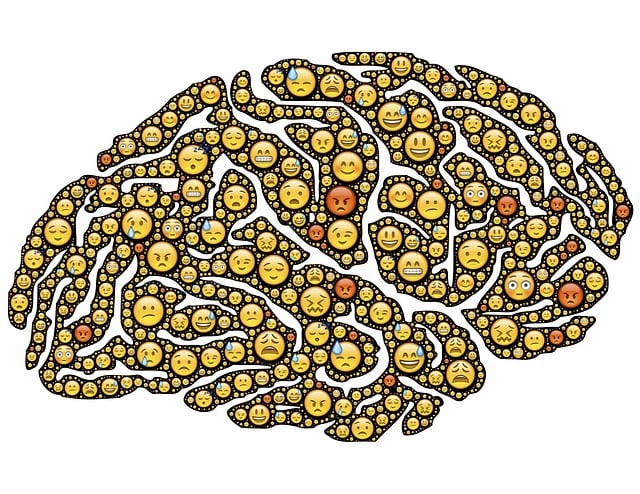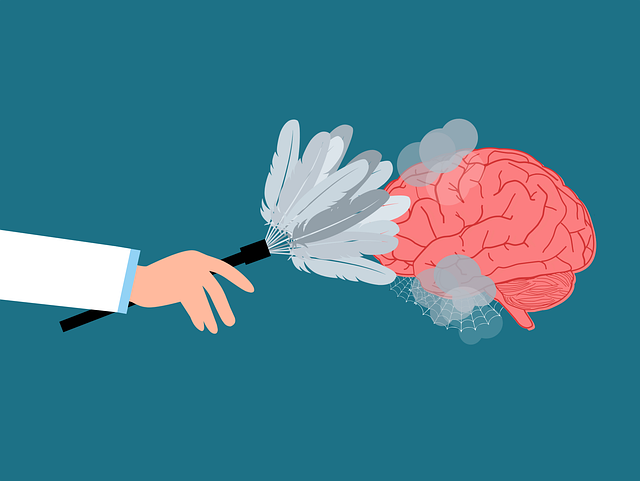Lafayette Anger Management Therapy provides crisis intervention services focusing on immediate support and long-term recovery for emotional distress and trauma. By combining short-term solutions with strategies like self-care, public education, and mental wellness journaling, they stabilize individuals and navigate challenging situations effectively. Their approach emphasizes proactive communication, conflict resolution, and holistic practices, encouraging open dialogue in safe spaces. Post-crisis support includes personalized interventions, stress management techniques, and cognitive reframing to promote resilience and long-term mental wellness, specifically tailored to each client's needs.
In moments of crisis, effective intervention can make all the difference. This guide explores essential strategies for navigating turbulent situations, focusing on both personal growth and professional application. From understanding the fundamentals of crisis intervention to mastering communication techniques and implementing robust management strategies, this article equips readers with tools derived from Lafayette Anger Management Therapy. Learn how to recognize distress signals, de-escalate tensions, and provide post-crisis support, ensuring a more resilient future.
- Understanding Crisis Intervention: A Brief Overview
- Identifying Triggers: Recognizing Signs of Distress
- Communication Techniques for De-escalation
- Effective Crisis Management Strategies
- Post-Crisis Support and Prevention Planning
Understanding Crisis Intervention: A Brief Overview

Crisis intervention is a critical process aimed at providing immediate support and assistance to individuals facing severe emotional distress or traumatic events. It involves a range of strategies to help people cope with crises, manage their feelings, and regain a sense of control. The primary goal is to stabilize the individual, prevent further deterioration, and facilitate long-term recovery. In many cases, crisis intervention can be life-saving, offering a lifeline to those struggling with mental health challenges, such as Lafayette Anger Management Therapy, or those who have experienced sudden, overwhelming events.
This approach recognizes that during a crisis, individuals often require more than just short-term solutions. It encourages the development of self-care routines for better mental health, which can include anxiety relief techniques and stress management skills. Public awareness campaigns development is another vital aspect, as educating communities about recognizing and responding to crises can foster an environment of support and understanding. By combining direct intervention with proactive measures like self-care and public education, individuals are empowered to navigate challenging situations effectively.
Identifying Triggers: Recognizing Signs of Distress

Recognizing signs of distress is a crucial step in crisis intervention. It’s akin to identifying the triggers that set off a person’s mental health challenges, much like Lafayette Anger Management Therapy focuses on uncovering and managing anger-related issues. Be attentive to changes in behavior, mood, or communication patterns. Withheld expressions, abrupt shifts from calm to agitation, or prolonged silence can all be red flags indicative of underlying struggles.
The key lies in proactive observation and open dialogue. Encourage individuals to engage in mental wellness journaling exercises to track their emotions and thoughts. This self-reflective practice can help uncover recurring themes and triggers, thereby enabling the adoption of effective stress reduction methods. In addition, Mental Illness Stigma Reduction Efforts play a pivotal role in fostering an environment where people feel safe to share their experiences without fear of judgment, facilitating early intervention and recovery.
Communication Techniques for De-escalation

Effective communication is a cornerstone of crisis intervention, particularly when de-escalating intense situations. Training in Lafayette Anger Management Therapy equips individuals with vital tools to navigate challenging conversations. Techniques such as active listening, where professionals show genuine interest and understanding, can help defuse anger and tension. Repeating back what the individual has expressed, using calm and measured language, demonstrates empathy and prevents further escalation.
Conflict Resolution Techniques, rooted in Mind Over Matter Principles, empower individuals to transform their responses from reactive to proactive. Mental Wellness Coaching Programs Development emphasizes teaching individuals to recognize triggers, manage emotions, and communicate assertively rather than aggressively. These strategies foster a safe space for open dialogue, encouraging individuals to express themselves constructively, ultimately leading to more positive outcomes during crises.
Effective Crisis Management Strategies

In times of crisis, whether personal or communal, effective management strategies can make all the difference. At Lafayette Anger Management Therapy, we emphasize a holistic approach that incorporates both professional guidance and self-care practices. Our therapists are trained to help individuals navigate through emotional turmoil, offering tools for stress reduction and anger management. By fostering a safe space, our sessions promote open communication, enabling clients to express their feelings and work through underlying issues.
Beyond therapy sessions, we encourage the adoption of confidence-boosting activities and self-care routines as essential components of emotional healing processes. This includes mindfulness exercises, regular physical activity, and setting achievable goals. By integrating these practices into daily life, individuals can build resilience, enhance coping mechanisms, and better prepare for future challenges.
Post-Crisis Support and Prevention Planning

Post-crisis support is an integral part of the recovery process, offering a safe and non-judgmental space for individuals to process their experiences. At Lafayette Anger Management Therapy, we understand that each person’s journey is unique, so our approach tailors interventions to individual needs. This phase focuses on emotional healing processes, helping clients make sense of the crisis and develop effective coping mechanisms. Our therapists facilitate open dialogue, encouraging clients to express their feelings and fears, fostering a sense of understanding and resilience.
Preventative measures are also a key component, aiming to strengthen mental health and promote self-care routine development for better mental health. By teaching individuals techniques to manage stress, anger, or other intense emotions, we empower them to avoid future crises. Positive thinking is cultivated through cognitive reframing exercises, helping clients challenge negative thought patterns and replace them with more adaptive perspectives. These strategies not only support recovery but also equip individuals with lifelong tools for navigating challenging situations.
Crisis intervention is a vital skill set, especially in today’s fast-paced world. By understanding the triggers of distress and employing effective communication techniques, individuals like Lafayette Anger Management Therapy professionals can significantly impact positive outcomes. The strategies outlined in this article provide a comprehensive guide to navigating crises, from recognition to post-crisis support. Embracing these tactics ensures that we are equipped to assist others during challenging times, fostering resilience and promoting long-term well-being.














